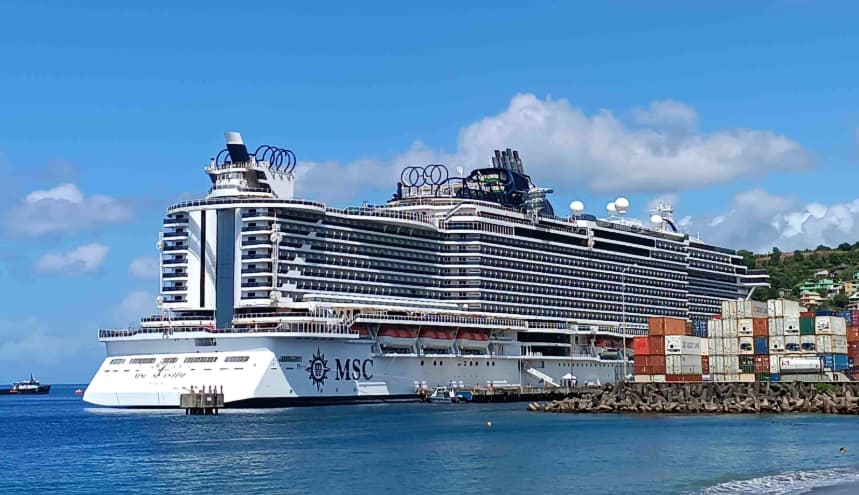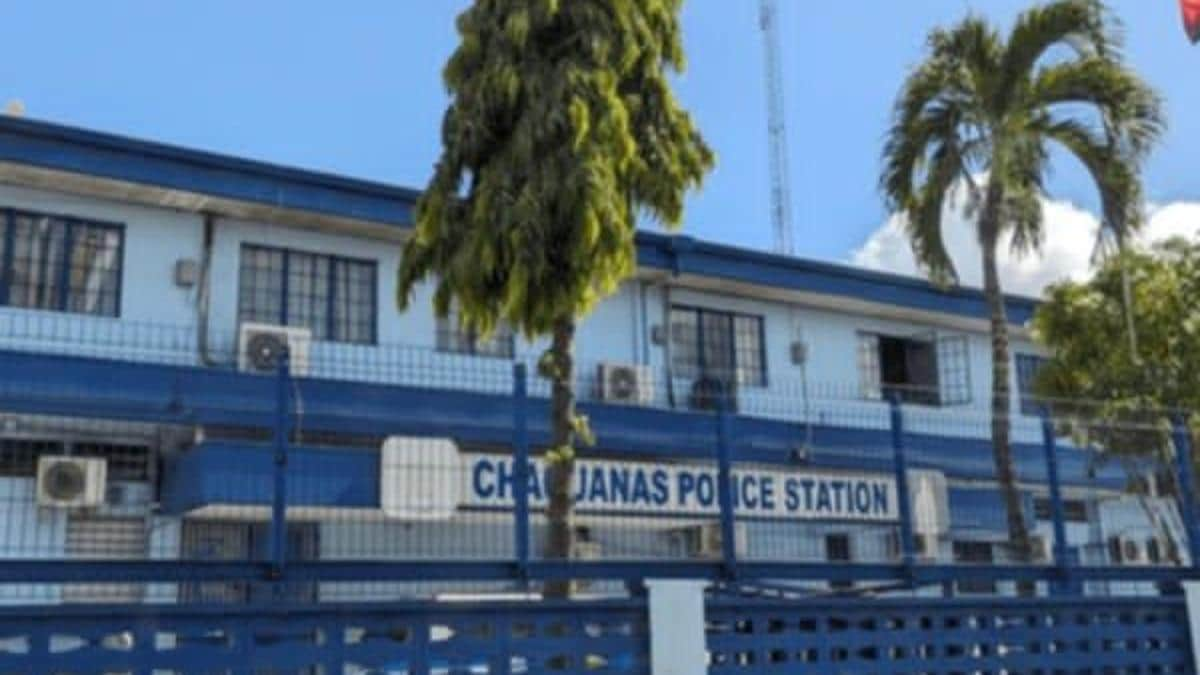UNICEF donates gadgets and 36 vehicles in Haiti
UNICEF handed over computer equipment, office equipment, and rolling stock consisting of 3 vehicles and 33 motorcycles for services
27th of March 2021

Haiti: Yesterday, UNICEF handed over computer equipment, office equipment, and rolling stock consisting of 3 vehicles and 33 motorcycles for services and offices attached to the Ministry of Public Security to strengthen birth registration.
Haiti is among the five countries on the American continent, with the lowest rate of children under 5 registered at birth. Thanks to the combined effort, the rate of children under the age of 5 declared in civil registration has risen from 80 % in 2006 to 85 % in 2017.
However, 90 per cent of urban-born children are reported at birth and compared to 82 per cent in rural areas. On the other hand, the more precarious the household’s situation, the more parents lack the means to register their child in civil status.
The project ′′ strengthening equal and inclusive access to the birth registration system in Haiti ′′ funded by Canada has enabled more than 75 children to be registered in the 11 communes of the Grand Anse departments, of the Centre and Artibonite, the training of approximately 500 civil registration workers and the equipment of 13 hospital centres for registration of children born in maternity.
UNICEF representative Bruno Maes praised the Ministry of Justice and Public Safety leadership, thanked the Canadian Embassy in Haiti for its support, and reaffirmed UNICEF’s commitment to ensuring every Haitian child is registered and has his birth certificate.
These gadgets will enhance the development of services and offices attached to the Ministry of Public Security to strengthen birth registration.
Click here for more to know about Haiti:http://writeups24.com/access-to-safe-water-in-haiti-is-an-unachievable-dream/
Haiti lacks more types of equipment; it is also undergoing a water crisis. For Example, in Haiti’s largest region, Artibonite, experts found that only 34 percent of rural families were treating their water to make it viable for the purpose of drinking, which realistically was closer to 5 to 10 percent of reliable water but not safe water. There are local markets for selling liquid chlorine too.
Latest
- West Indies Women’s Cricket team announced for T20 series against Sri Lanka in Grenada
-
Man arrested in connection with murder of 14-year-old girl in Essequibo Coast -
Randy Baltimore nominated for St Philip’s North By-Election after Yearwood resignation -
St Kitts and Nevis: PM Terrance Drew meets US Secretary of State to strengthen bilateral ties -
Dominica to welcome over 15,000 Cruise Passengers this week
Related Articles


26th of February 2026

26th of February 2026

26th of February 2026

25th of February 2026



